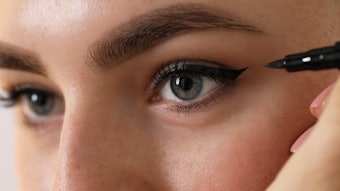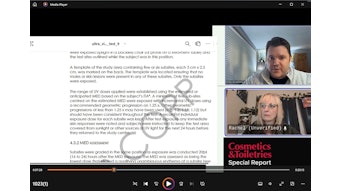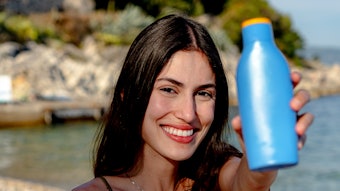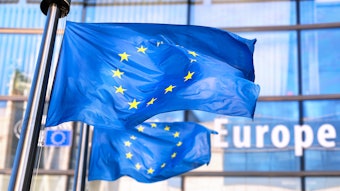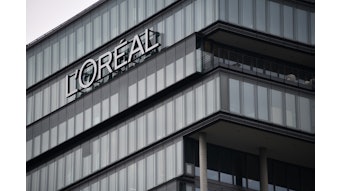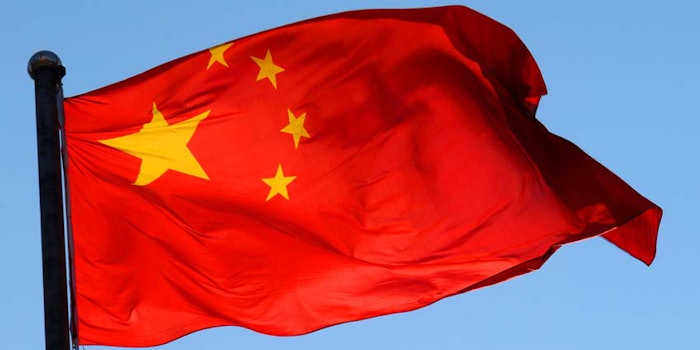
On June 29, 2020, the updated cosmetic legislation, 'Cosmetic Supervision and Administration Regulation (CSAR),' was officially published by the Chinese State Council. According to a report by Chemlinked, provisions for ingredient management, safety assessment and efficacy claims are among the most notable changes.
The CSAR will replace the existing Cosmetics Hygiene Supervision Regulations (CHSR), which originally was released in 1989. The new regulation is effective as of January 1, 2021.
Major updates to the new regulation include the following:
- Products defined as cosmetics now include those to "eliminate unpleasant odor," referring products to be applied to skin, hair, nails, lips, etc., by spreading, spraying or other similar ways for the purpose of cleansing, protecting, beautifying and modifying.
- Toothpaste will be managed in line with general cosmetics. In relation, efficacy claims (such as "anti-caries," "inhibiting plaque," etc.) are permitted after conducting efficacy evaluations following the national or industrial standards.
- Soaps are considered outside the scope of the CSAR regulation, except for those with special cosmetic efficacy.
- Cosmetic ingredients are now classified as "new" and "used" ingredients. New ingredients with high risk require registration while other new cosmetic ingredients are subject to filing management.
- New ingredients with high risk such as preservatives, sunscreens, colorants, hair dyes and whitening agents must register with the National Medial Products Administration (NMPA) and obtain approval. Other new ingredients must file with NMPA before use.
- New ingredient filings/registrations must include: name, address and contact information of registration applicant or filer; R&D report; research materials on manufacturing process, stability and quality control standards; and safety assessment dossiers.
- The registration applicant or filer must report the usage and safety information of the new cosmetic ingredients to the NMPA every six months for three years. Only new ingredients without safety problems before the three-year observation period expires will be included in the IECIC.
- Special cosmetics, i.e., hair dyes, perms, whitening products, sunscreens, anti-hair loss products and products with new efficacies and are subject to registration. General cosmetics defined as all other cosmetic products are excluded from special use cosmetics and require standard filing.
New provisions to the CSAR include:
- The registration applicant and filer of new ingredients and cosmetics should carry out the safety assessment or entrust a professional institution prior to registration and filing. Personnel engaged in safety assessments should have professional knowledge related to cosmetics quality and safety, and have more than five years of relevant work experience.
- Cosmetic efficacy claims must include sufficient scientific evidence including relevant literature, research data or efficacy evaluation documents, which will be made available to the public on the NMPA's website for social supervision.
- Imported cosmetics also require the submission of certifications relating to manufacturing quality control of the overseas manufacturers, and supporting documents that prove those products have been put into market in the country (region) where those products are manufactured. For products specially produced for China's market without the supporting documents, the applicant must submit related research and test data for Chinese consumers.
- Regarding the dossiers, the information provided must include: 1) name, address and contact information of registration applicant or filer; 2) name, address and contact information of manufacturer; 3) product name; 4) product formula or a full list of ingredients; 5) the standards adopted; 6) a sample manuscript of the label; 7) testing reports; 8) safety assessment dossiers; and 9) other documents required to prove product safety.
According to Chemlinked, given the CSAR's number of new requirements for cosmetics, a five-year grace period was granted for already-registered hair growth, hair removal, breast beauty, slimming and deodorant cosmetics from the date of implementation of this regulation to ensure a smooth transition. The production, import and sale of these products are prohibited after the transition period.
View the official State Council Decree.
